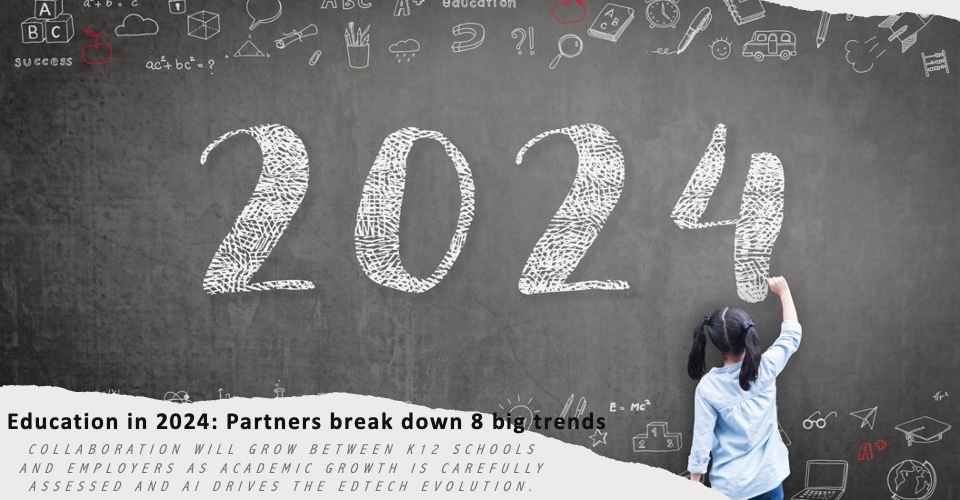The answer to that question, at least in the short term, is not much—a government shutdown will not significantly disrupt day-to-day school district operations. That’s because a government shutdown, of course, won’t cut off the local funding that drives school districts.
But if the federal government and U.S. Department of Education are closed for more than a week, that “would severely curtail the cash flow to school districts, colleges and universities,” Ed says in its contingency plans for government shutdowns.
Roughly one in 10 school districts receive more than 15% of their funds from federal programs, the Department of Education explains.
More from DA: Why this superintendent calls himself an ‘edu-tainer’ in K12 communications
There will also be growing concerns about federal funding for free- and reduced-lunch programs. If federal reimbursements are delayed, administrators may have to do some financial juggling to cover the shortfall, Politico reported during the last government shutdown in 2019.
Schools might have to tap into building maintenance funds or place some extracurricular activities on hiatus. “That’s a million-dollar question: ‘Where do you find that money?’” Jason Gromley, director of advocacy with the Share Our Strength nonprofit that leads the No Kid Hungry campaign, told Politico.
Government shutdown outside the classroom
The biggest impact could be that, the longer a government shutdown lasts, school staff will likely have to contend with growing needs in surrounding communities. Some 10,000 children would immediately lose access to Head Start because grants would not be awarded during a shutdown. And, The White House warns, the impacts on the pre-K program would worsen over time.
Supplemental Nutrition Assistance Program (SNAP) benefits—also known as food stamps—would only be guaranteed through October and federal funding for the Special Supplemental Nutrition Program for Women, Infants and Children (WIC) would run out a few days into a shutdown, CNN reports. Food banks, Meals on Wheels and housing assistance programs would also be disrupted, causing continued uncertainty for families.
Ultimately, passing publicly funded budgets is a responsibility that is shared by Congress and K12 superintendents, David R. Schuler, executive director of AASA, The School Superintendents Association, said in a statement.
“A shutdown is ineffective and costly, the consequences of which play out on Main Street, not Capitol Hill, as workers go without pay, families go without childcare, poor families lose support for housing and food, and schools feel the squeeze,” Schuler said.









